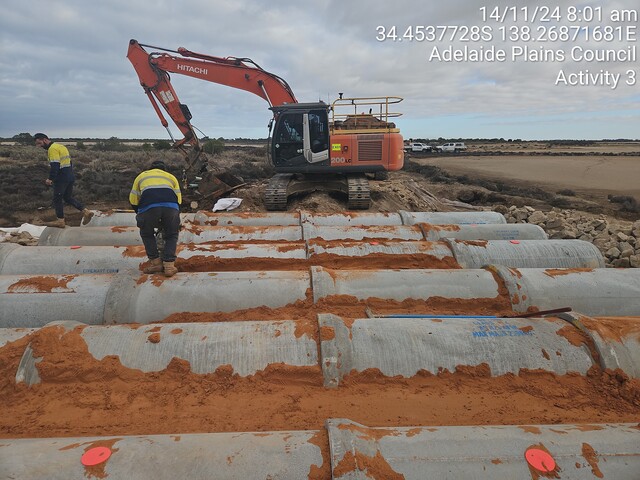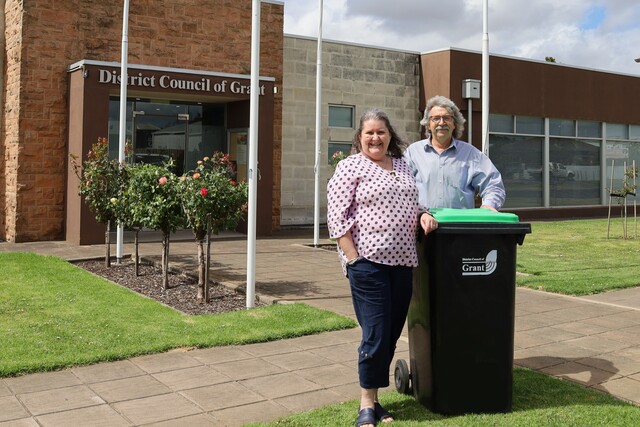Located 360 kilometres north west of Kalgoorlie, the Shire of Laverton, population 2,000, spends one fifth of its total rate revenue on incentive payments to keep a doctor in the town and enough nursing staff for its hospital to maintain its current accreditation status. Council also provides a house and four wheel drive vehicle for the doctor. The City of Newcastle has also told the House of Representatives Standing Committee on Economics, Finance and Public Administration, currently inquiring into Local Government and Cost Shifting, that it is spending $2 million per annum on some 19 new responsibilities.
“Local Government is at the receiving end of rampant cost shifting by Federal and State Governments,” said Australian Local Government Association (ALGA) President, Councillor Mike Montgomery. “Cost shifting occurs when the responsibility for delivering a service is shifted to Local Government but with no, or inadequate, assistance to fund that service. We need to put an end to cost shifting. Our plan offers a way to do it.”
ALGA’s plan, presented to the Cost Shifting Inquiry, calls on the Commonwealth Government to undertake the following.
- Acknowledge the fact that cost shifting is a significant and unfair burden on Local Governments and the communities they serve.
- Engage the Productivity Commission to undertake a detailed assessment of the extent of cost shifting.
- Take measures to ensure public sector revenue is fairly shared across all three spheres of government.
- Develop an intergovernmental agreement (IGA) to address cost shifting on specific service provision.
- Enforce the terms of the IGA through appropriate compliance provisions. Speaking at the recent Local Government Professionals Annual Conference in Melbourne, Chair of the Standing Committee inquiring into cost shifting, David Hawker MP, said that Laverton and Newcastle are just two examples where Local Government is taking on Commonwealth and State Government responsibilities.
“This problem is not new and has been building up over a number of Governments,” David Hawker said. “Cost shifting is a significant issue for Local Government and all tiers of Government.”
He said that the Committee has taken submissions from Councils in various locations around the nation. It has now released a discussion paper to stimulate further debate and response to what has been submitted to date. A final report is expected by the middle of this year.
“I encourage you to provide input,” David Hawker said. “This is one of those opportunities that do not come up often.”
He said that the Commonwealth Government is taking a greater interest in Local Government and its place in our system of governance.
Issues raised by Local Government at the Inquiry include State Government restrictions on the capacity of Councils to raise revenue; constitutional impediments to direct funding from the Commonwealth to Local Government; roles and responsibilities including overlap and duplication between spheres; Councils struggling to keep up with infrastructure requirements; and the need for improved tripartite partnerships between all spheres of government.
“Genuine partnerships between all spheres means getting the funding right to best meet the needs of those who elected us,” he said.







